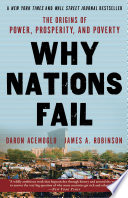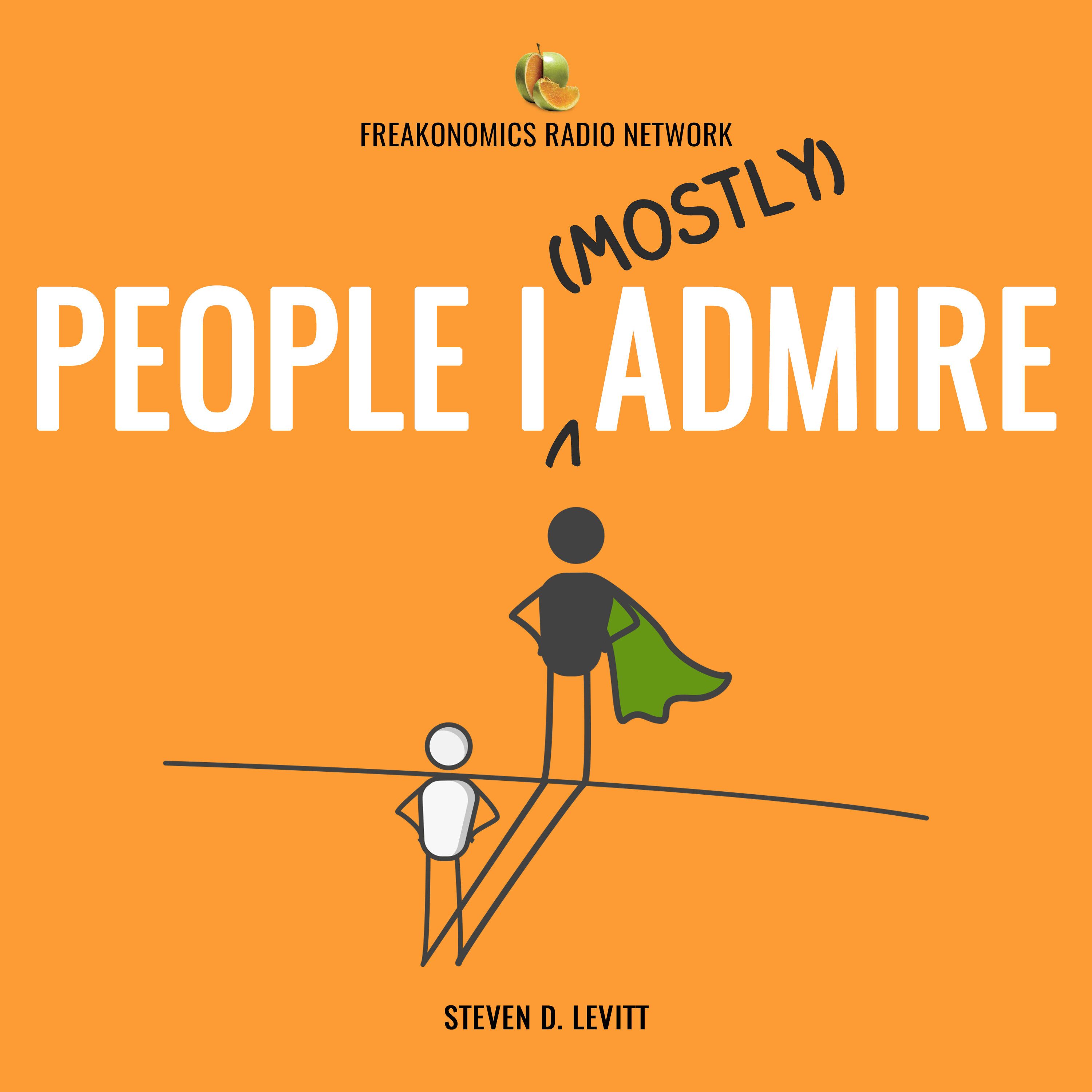Podcasts that mention 📚 Why Nations Fail by Daron Acemoglu, James A. Robinson

Why Nations Fail
Mentioned 1 times in 1 episodes across 1 podcasts.
Buy Why Nations Fail by Daron Acemoglu, James A. Robinson on Amazon
Podcasts that mention Why Nations Fail by Daron Acemoglu, James A. Robinson

People I (Mostly) Admire episodes that mention Why Nations Fail by Daron Acemoglu, James A. Robinson
Episode: Nobel Laureate Daron Acemoglu on Economics, Politics, and Power (REPLAY) | People I (Mostly) Admire
Published on October 21, 2024
Okay, so back in 2012, you and James Robinson published a book called 'Why Nations Fail: The Origins of Power, Prosperity, and Poverty.' I remember at the time thinking it took a lot of audacity to tackle a topic that was so huge and so fundamental and so complex that it wasn't likely to have an easy answer.
In this segment, Steve Levitt discusses the book 'Why Nations Fail: The Origins of Power, Prosperity, and Poverty,' co-authored by Daron Acemoglu and James Robinson. He reflects on the boldness required to address such a vast and complex subject during their publication in 2012.
If you’d like to explore more in Why Nations Fail, you can purchase it here:
Buy Why Nations Fail by Daron Acemoglu, James A. Robinson on Amazon
